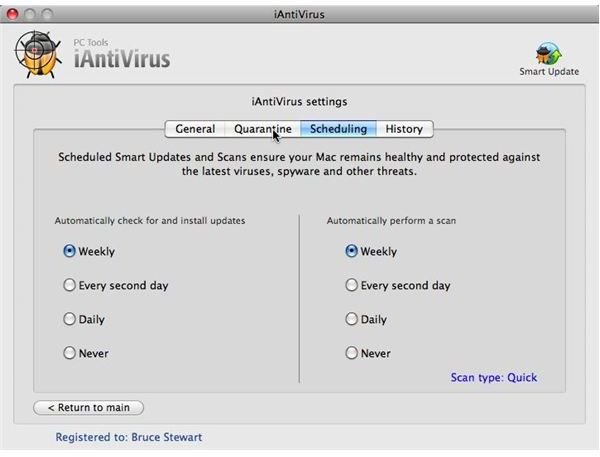
/images/2022/09/09/avg-antivirus-review_web-email-security.png)

For example, this sentence: “Here’s the Receipt for Your Payment towards the Renewal of Your Avast Security Softwares’s for Your Computer.” There’s random capitalization, odd cadence, and that extra apostrophe “s.”Īnd, fourth, the sender’s email address is a random Gmail account. Third, the grammar is strange to a native English speaker. Avast updated our logo last year and the one the scammers are using is out of date. If you are not a customer, there’s no way we - or any legitimate company - could or would “renew” your subscription. But a closer look reveals clues that the sender of the email is not who they say they are.įirst, many of these emails are being sent to people who are not Avast customers. Receiving a phishing email like this can be frightening - no one wants to think that they are about to lose $500 that they didn’t mean to spend.

Iantivirus scam pdf#
The “invoice” PDF also does not include any bank account or payment information, but it does claim that nearly $500 will be debited from the recipient’s account. The email has been examined by our security specialists and it does not contain any malicious links or downloads. The fake invoice contains a US phone number and encourages the recipient to call with “any Queries or Question as such.” The emails claim that the recipient’s Avast subscription has been renewed for $499.99. Whenever you come across a phishing attempt, report it to the proper authorities to protect both yourself and others.Īvast has become aware of an email scam campaign purporting to be from our sales team.


 0 kommentar(er)
0 kommentar(er)
